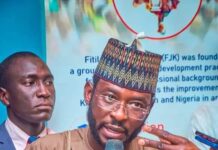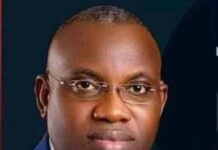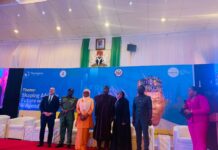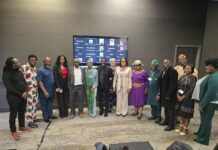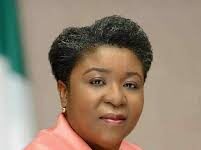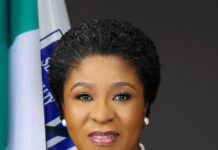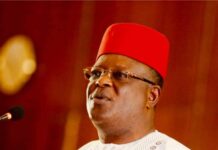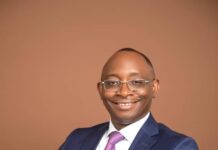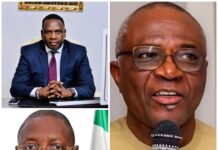We Knew Kogi, Bayelsa elections Would be Violent — IGP Adamu
POLITICS DIGEST – The Inspector-General of Police, Muhammad Adamu on Tuesday said the Nigerian police had a prior intelligence that the elections in Kogi and Bayelsa were going to be violent.
Residents of Kogi and Bayelsa voted to elect new governors on November 16, and the outcome of the polls was deemed largely violent. Both states recorded about a dozen deaths, but Kogi had by far the highest death toll.
Observer groups that monitored the elections reported widespread acts of violence and vote racketeering amongst political parties. Security agents, especially police officers, were also accused of either colluding with thugs to steal ballot boxes or actively participating in the disruption of polling units.
The police have pushed back against all allegations of misconduct by officers. The Police Service Commission, which regulates the police as an independent government agency, also said police officers managed the elections well and cleared them of misconduct.
The PSC blamed insufficient manpower that allowed political thugs to overwhelm police officers and cause widespread chaos in Kogi.
Mr Adamu’s comments to State House reporters on Tuesday largely echoed the conclusion of the PSC.
Mr Adamu said the police conducted a “threat assessment of the two states and we realised that there was going to the violence in two states.”
The police chief recalled some violent events that occurred in the run up to the elections that gave the police a fair idea of what would happen on election day.
“Because, during the campaigns, we saw how the opponents were fighting themselves, so we prepared so much for that,” Mr Adamu said shortly after a State House meeting of security chiefs with President Muhammadu Buhari. “During one of the stakeholders meeting, I went to Kogi with the chairman of INEC and I also went to Bayelsa.”
Read Also:
“Even at the point of signing the peace accord to conduct the election without any problems, after signing the peace accord in Kogi, within the hall there was problem by the parties,” he said in reference to the November 12 violence at a meeting of political parties, electoral officers and security chiefs. Mr Adamu, alongside Nigerian election chief Mahmood Yakubu, were present when the police fired teargas fired to contain a protest at the meeting.
“So we knew that it was not going to be easy and so we had to prepare heavily for that elections,” he said.
But the police chief did not say whether or not the officers that were deployed to the state were sufficient against the threat they anticipated.
Mr Adamu suggested that those who were seen wearing police uniform to disrupt election were not necessarily police officers, saying genuine officers were adequately tagged for the exercise.
“During the elections, anybody you saw either in police uniform or military uniform that does not carry the tag that has been given for the election, that person is not genuine police officer or military officer or that he was not on official duty,” he said.
“Because, we were aware of the fact that or we were told that some politicians were going to sow police and military uniforms, so we devised some other means of identifying those that were on election duty.
“We have them tags. So no police officers in their senses [would disrupt election] because [we] recruited and trained them before the elections to play by the rules, be professional, work within where you are posted and not beyond,” he said.
Mr Adamu clarified that helicopters that were seeing hovering over the sky in Lokoja and other parts of Kogi State were intended to scare would-be ballot box thieves and other violent elements.
“Of course if you see helicopter hovering over your head you want to snatch ballot boxes or you have carried, definitely you will know you are being monitored and you will stop,” he said.
The method was criticised by mostly opposition figures, who said the helicopters fired tear gas to disrupt voting in opposition strongholds.
Mr Adamu also used the interaction to again remind the public that the controversial 2019 police recruitment exercise would continue despite ongoing court battle with the PSC.






